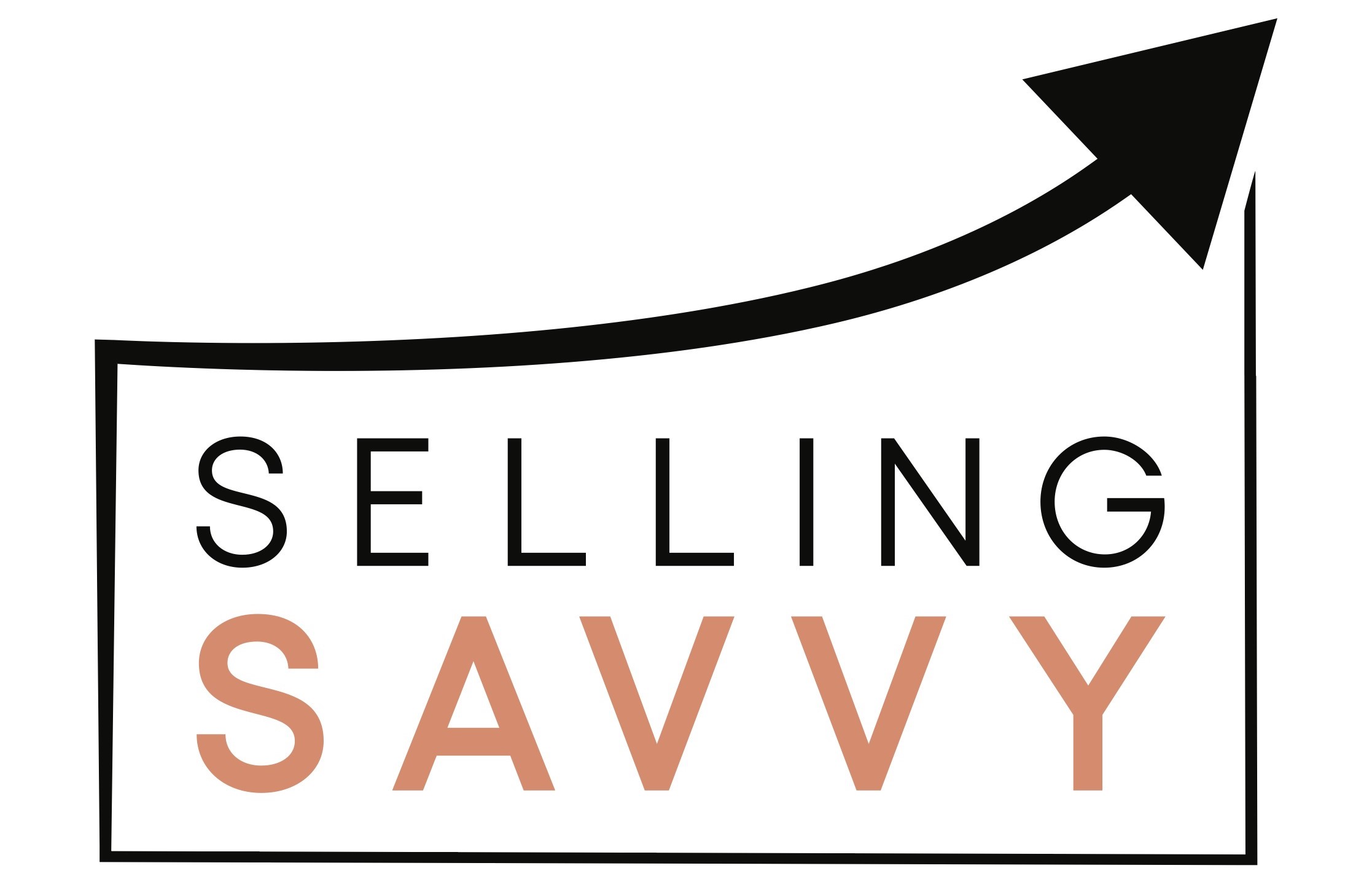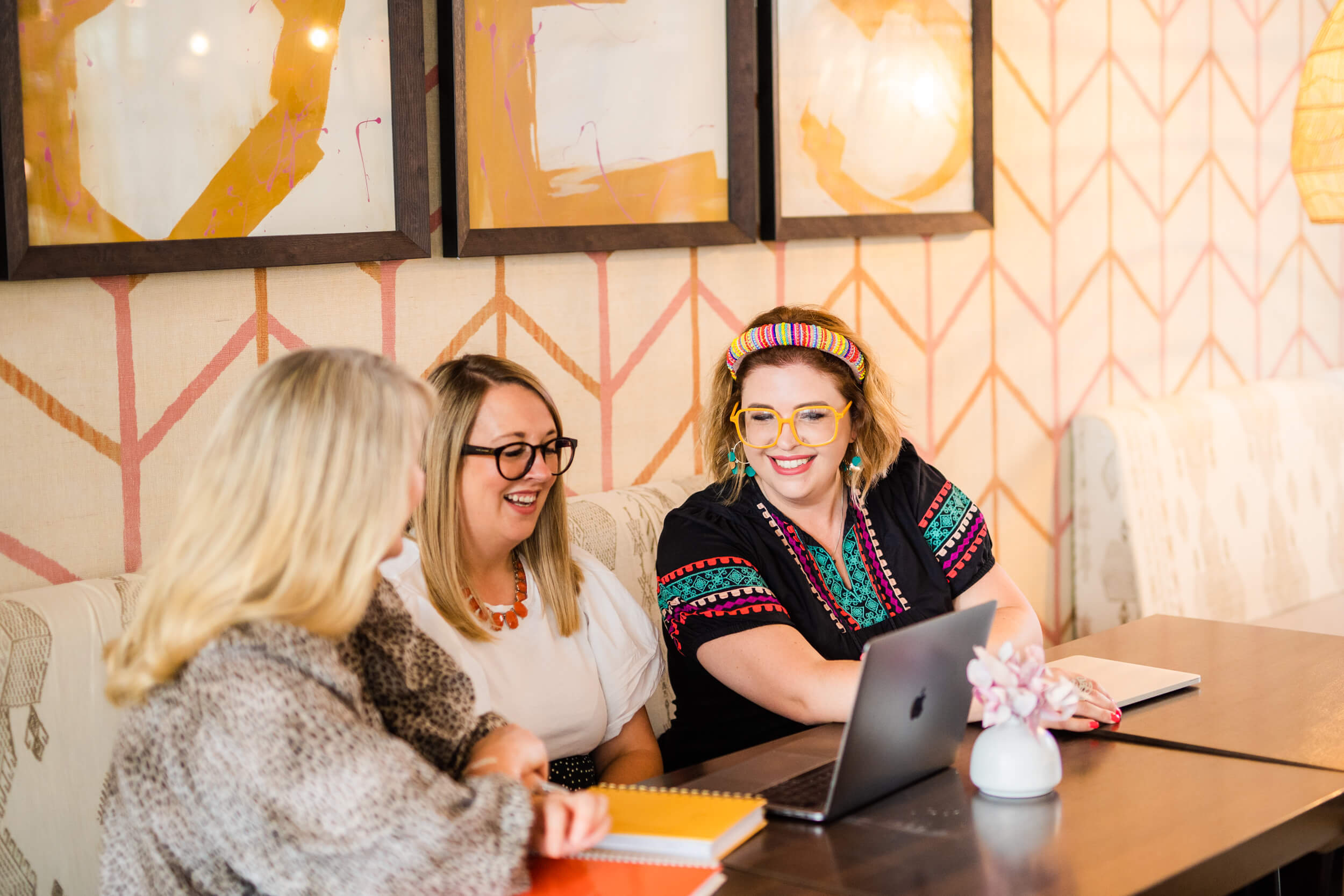Selling Savvy have recently been conducting a project to learn how events and salespeople differ between generations. They spoke to two Gen Z professionals in the events industry to figure out if they work differently from the Millennial generation.
Huge changes have occurred over the last 20 years, and Gen Z has grown up differently. As they enter the events industry, their mindset is inescapably tied to their different upbringing and set of priorities. Selling Savvy’s Gen Z Project explores how this generation is reshaping sales strategies, shedding light on their communication preferences and workplace expectations.
Iulia Zorzoana, event coordinator, and Sian Hayward, sales and events manager, tell us about the differences in the way they approach the events industry.
Iulia Zorzoana

Could you give us a brief overview of your role?
I am an event coordinator at STEP (The Society of Trust and Estate Practitioners), a global professional body comprising lawyers, accountants, trustees and other practitioners that help families plan for their futures. As an event coordinator, I lead, support and manage a mix of UK and international events, accommodating up to 500 delegates.
How easily does networking at events come to you? Do you find that the process is too heavily ‘organised’, with people sometimes having to wear badges denoting whether or not they’re there to network?
Networking isn’t something I find particularly easy and I’m sure many people from my generation and beyond can relate. For some, networking feels like second nature, but for those who are more introverted, it doesn’t always come naturally. Personally, I find networking much easier when I’m with a couple of familiar faces at an event, as it provides a comfortable starting point for introductions and forming connections. Team-building activities before a conference can also be incredibly helpful in breaking the ice and creating a more relaxed environment for everyone.
That said, the importance of networking can vary depending on the purpose of the event. At conferences, for example, the content can sometimes take precedence over the networking element – it really depends on what you’re there for. For me, conferences are a valuable source of education and inspiration, so I think having badges that indicate whether someone is open to networking or prefers not to would be a great way to navigate those interactions.
Note: Selling Savvy’s Gen Z Project has explored how younger professionals prefer more organic networking environments, with less rigid structure and more opportunity for natural conversations.
When navigating the ‘small talk’ that’s inherent to the industry, do you find that this comes naturally to you? Do you spend time crafting personalised touches to your emails making sure you come across as affable and genuine, or do you fire them off quickly with too much effort?
I think the ease of small talk often depends on the type of relationship you have with the person and what you have in common. For example, I find it easier to navigate small talk with people from within the industry, as it’s not too difficult to find shared topics of discussion. However, it can be more challenging when speaking with someone new or from a completely different field.
In forming connections, I find it much easier to connect with someone who comes across as genuine and authentic, rather than someone who seems to be putting on a mask to conform to certain norms.
In my professional life, I prioritise being authentic and true to myself. I aim to communicate clearly and openly while being as helpful and responsive as possible. I’ve found this approach both effective and effortless. I also don’t believe in over-refining things – if an email is friendly, professional and communicates my message effectively, I think that’s more than sufficient. One of STEP’s values is collaboration, which fits well with my approach.
Note: Research from the Gen Z Project highlights that younger sales professionals prioritise authenticity over formality in communication, valuing genuine connections over overly polished messaging.
Is ChatGPT wholly positive for your work drafting emails/written communication? Do you think it’s possible to be overly reliant on ChatGPT for communications?
I think ChatGPT is a great tool for drafting written communications, but it’s important to make sure that the AI-generated text aligns with the person’s or the company’s tone and style of writing. This can be done by “training the AI,” meaning you submit examples of your written work for it to use as inspiration. That way, the new text better reflects the same style and tone
That said, while it’s a really helpful tool, I don’t think we should rely on it too much to craft day-to-day emails. What makes us unique as humans is how different we all are. Even in writing, you can often tell when someone is from a different part of the world or when English isn’t their first language. I think that’s so interesting and beautiful and it’s something we should embrace and keep in our writing.
When booking venues, would you prefer to look at video footage of the location, or are photos good enough? Would you be more likely to choose a venue that has extensive video footage?
I prefer video footage or virtual tours because they give a much better understanding of the space and its atmosphere. Pictures can sometimes limit how you see the potential of a space, making it harder for organisers to visualise or think creatively about how to use it.
Personally, I believe that venue sales should focus on selling an experience, not just a space. The space is simply a tool to create a memorable experience for the guests and that’s what the venue is really offering the organiser. As an organiser, I’m drawn to venues that can clearly communicate, through images, text and videos, the kind of experience they can deliver for guests.
When looking at venues and suppliers, do you expect or request certain tech features? Would a lack of high-speed Wi-Fi be a deal breaker?
Personally, I don’t tend to think about Wi-Fi straight away as I see it as something that should be available in any venue in today’s world. I’ve been lucky not to encounter any issues with it so far, but I do understand that high-speed Wi-Fi can sometimes come at an extra cost to organisers. I think it’s a key element that should always be included in the package benefits and not charged at an extra cost. Good Wi-Fi is essential for running a smooth event and ensuring it’s available enhances both the organiser’s and the venue’s reputation.
In my venue search, I expect venues to be fully transparent about what type of A/V equipment is included and guide me towards local suppliers who are familiar with the venue if I am to contract further tech features.
Do you actively seek out sustainable venues and suppliers? If so, are you encouraged to do so by senior management?
Yes, STEP is on a journey towards sustainability as part of its work on Equality, Diversity and Inclusion, as are many organisations and individuals around the world. Senior management actively encourages planners to consider venues with strong sustainability policies and we are also working internally to develop our own policy for selecting venues and organising events. It’s a shared responsibility to contribute as much as we can to sustainability efforts and support the global journey towards Net Zero.
Sian Hayward

Could you give us a brief overview of your role?
As the sales and events manager at Foxhills Club and Resort, I implement sales and revenue strategies across various market segments to optimise function space and room inventory while leading and developing the on-site sales and events team to achieve budgets and targets. I monitor and refine processes for enquiry handling, event planning and payment completion, ensuring data accuracy and efficient financial management.
My role involves providing detailed reporting on trends, lead times and enquiry conversions from my team and other venues where possible to aid forecasting, collaborating with operational departments for seamless event execution, identifying new business opportunities, contributing to marketing materials and managing general office operations alongside occasional non-routine tasks.
Do you feel more confident selling to a client nearer your age than to someone older – in their 40s or 50s, for example?
I feel more comfortable selling to someone older than me, as I like the conversation element too. I don’t find that we get many enquiries for my age range.
Gen Z is reported to experience higher levels of burnout than other generations. How do you maximise your efficiency without leading to burnout in the high-intensity world of sales?
I manage my diary and time. Also, I assure that I manage to have items which can wait another day as usually other responsibilities crop up and I am needed for other things alongside supporting my team and the events of the day.
Note: The Gen Z Project has found that work-life balance and efficiency are key concerns for Gen Z professionals, who often prioritise time management to avoid burnout.
Do you think that, ultimately, the supposed divide between Millennials and Gen Z is overblown? That really the differences between you and your Millennial coworkers are fairly small?
I feel like the difference between Gen Z and Millennials are quite varied, the working relationships and differences in how both work are very different. Being a part of Gen Z I do however feel like I work more like a Millennial being very productive and a can-do attitude which is very open.
Is being tech-savvy a major asset to life as a salesperson? Is familiarity with social media beneficial to your work, or is it only really relevant for leisure purposes?
Being tech-savvy is a pro for my line of work. It’s a great link in communication for all teams who speak to each other in these ways and in my team so we all have live availability to offer to clients. Social media keeps us up to date with trends, however I still feel like LinkedIn is the more beneficial option for my line of work, as you can keep up with other properties and trends in the business and just know what others are offering. A lot of venues are very honest which is so helpful and informative in terms of learning about the rates and trends they are following.
Note: Selling Savvy’s research suggests that while Gen Z is highly digital, they still favour professional platforms like LinkedIn for industry networking rather than purely social channels.
How do you see the sales processes changing in the coming years?
Hmm… interesting! I feel like, as we mentioned in the call, even though I find phone calls so beneficial, everyone is so busy that having 10 mins for a catch up call just isn’t doable unless it is scheduled.
Therefore, I’d say emails are the way forward. I do believe we will come to a point where no one holds a quote until the clients come for a site visit so there is an element of security that you are an option as it gets tiring knowing you are one of several venues on hold, this will be the way forward as hopefully then, we will have a quicker turnover.
If you’re interested in learning more about how Gen Z is changing the way we approach sales, check out Selling Savvy’s Gen Z Project: Discover How Gen Z is Redefining Sales Communication.
















